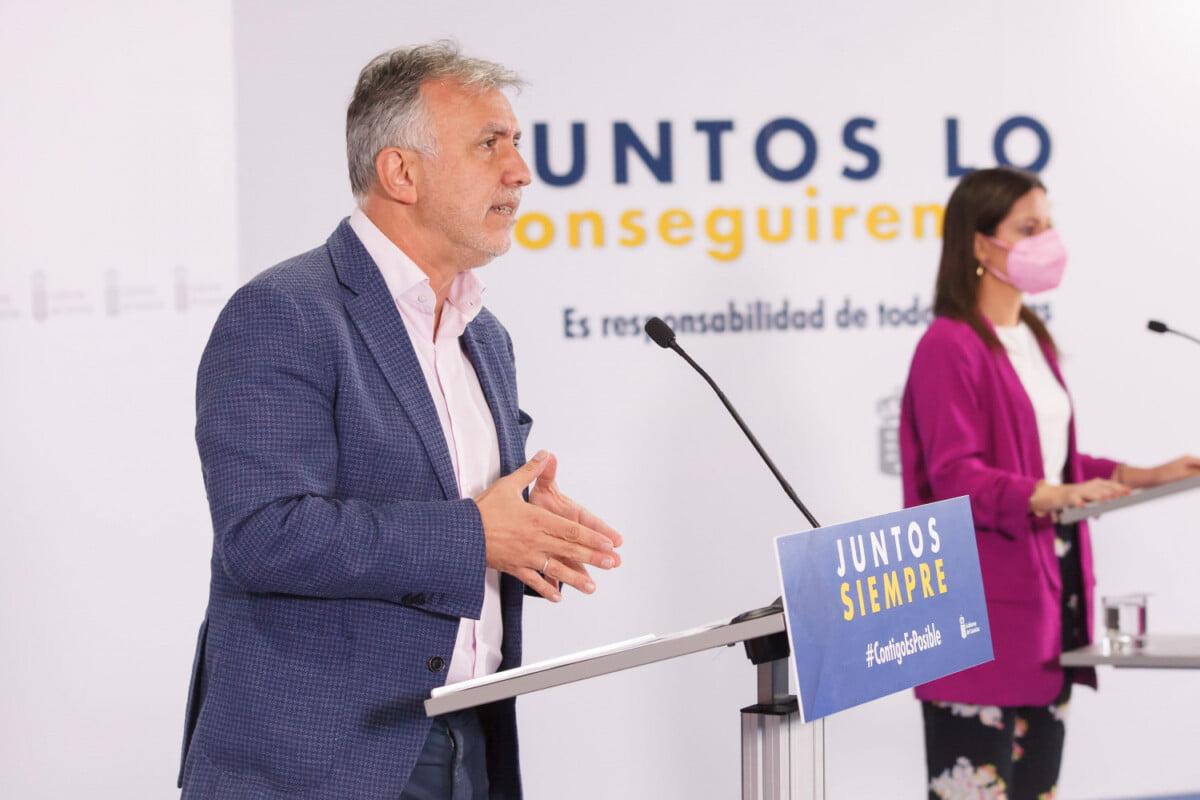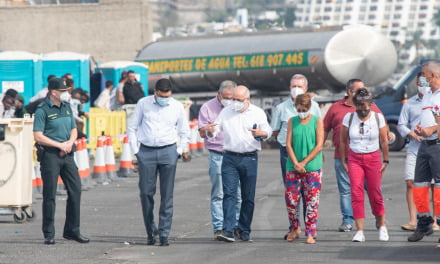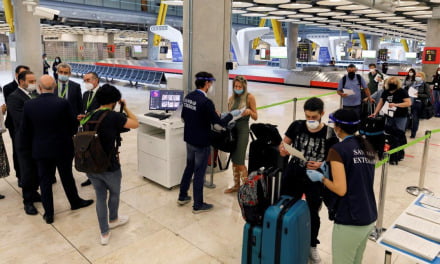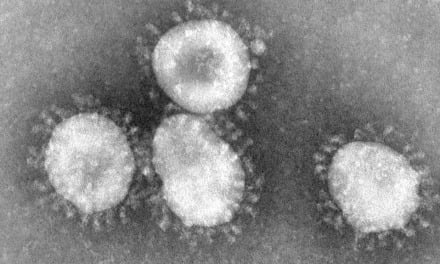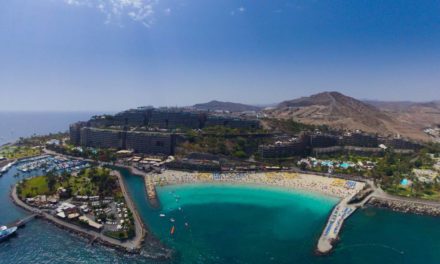The Canary Islands Government have expressed their hope that coronavirus standards with England can be “harmonised” with the Spanish Ministry of Health to include antigen tests as well as PCR results in rules for travel through Spanish ports and airports by December 2. If agreed then this would come just in time for the expected relaxing of restrictions currently imposed in England, and other parts of the UK, in the face of their second wave of the pandemic. The UK are still currently deemed to be of high infection risk by the European Centre for Disease Control.
Canarian regional president, Ángel Víctor Torres said on Monday that he is optimistic about the possibility, on which his Government is already working with Spain’s central Health Ministry, in the hope that rapid antigen tests can be added to controls, brought into force today, for entry to Spain from high risk territories, either as a general rule or as an exception for the Canary Islands region. “[Currently] Two regulations coexist. We have tried in recent days to reach an authoritative judgement or settlement on mechanisms so that we have a single harmonised standard, which we achieved yesterday” said the leader of the autonomous regional government.
 After meeting with the Canary Islands Minister of Tourism, Yaiza Castilla, and managers of the British operator Jet2.com via videoconference, Torres confirmed that interest persists in the British market to spend Christmas in the Canary Islands.
After meeting with the Canary Islands Minister of Tourism, Yaiza Castilla, and managers of the British operator Jet2.com via videoconference, Torres confirmed that interest persists in the British market to spend Christmas in the Canary Islands.
“The Canary Islands are still in the hearts of the British,” said Castilla, who reported that Jet2.com has not yet offered data on its possible Christmas bookings to the islands, as their programming continues to depend on the evolution of the pandemic, particularly in the UK.
With an eye to next December 2, when the confinement (lockdown) decreed for England is hoped to be lifted, the Canary Islands are satisfied with how their new regional tourism regulations have been working, over the last ten days, to prevent any importation of infections among tourists arriving in the archipelago, since November 14 a certified negative test result has been legally required from anyone wanting to stay in regulated tourist accommodation.
Since it has been in force, only one isolated case of a tourist testing positive has been detected.
“Tourists are helping us to safeguard the epidemiological indices of the Canary Islands”, said the regional Tourism Minister, referring to the fact that the islands have the best track record in Spain, by a very long way, for detecting and controlling COVID-19 infection rates, which are also among the very lowest in all Europe, currently lower than even Finland or Iceland, the countries with lowest reported rates.
The detected infection rate, per hundred thousand population, over the last seven days, currently stands 35.5 cases for the Canary Islands as a whole. The Government has already asked that this regional island community, “the only one that aspires to have international tourism” this winter, will be permitted to admit national and international passengers who arrive with a negative antigen test result, a much faster and cheaper test for tourists than the PCR. Adding weight to their argument, last Wednesday the European Commission specifically recommended member states to include antigen tests, as well as PCR, in the effort to re-open international travel corridors. EU leaders have accepted the recommendation and are now working towards harmony of standards, as antigen tests from different manufacturers can have variability, they are looking to set the minimum accuracy standard to well above 80%
Spanish state regulations came into force this Monday morning, requiring a negative PCR test result obtained within 72 hours prior to arrival, from all travellers flying from countries declared to be high risk zones, under criteria set by the ECDC. Torres and Castilla are asking for a modification to include antigen tests as well as PCR results, at the very least for travel to The Canary Islands, if not the entire national territory of Spain.
Castilla has estimated that, with the “fluctuating numbers” due to covid-19 restrictions, the Canary Islands expects to close 2020 having received “almost five million tourists.”, less than 1/3 of the numbers for 2019.

